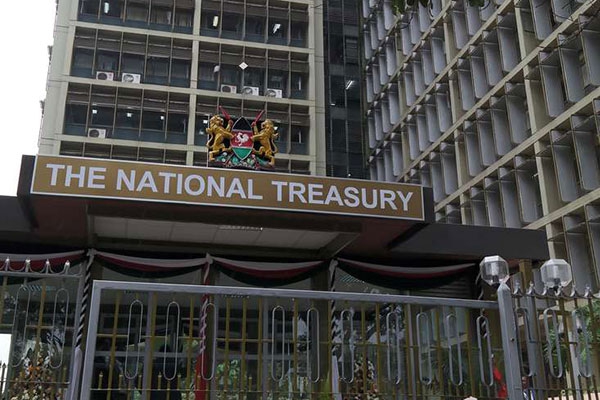This content has been archived. It may no longer be relevant
Fiscal policy has taken the leadership role in combating the economic fallout from COVID-19, rightfully so.
However, considering the country’s fiscal position there are legitimate concerns over the current deployment of fiscal bazookas although it is probably the ‘only way’ out of the policy dilemma the government faces today.
Spending needs have increased markedly at a time when government revenues are facing unprecedented shocks.
Revenues are projected to decline to 16.60% of GDP from an earlier projection of 18.60% of GDP.
Revenue performance may be much weaker given the anticipated slow recovery in private sector spending. Over the last couple of years, fiscal expansion has had little knock-on effects on businesses and individuals.
Therefore, it may be daunting to determine the effects of the intervention on businesses for now.
Treasury has in response adjusted its spending lower to 24.2% of GDP from 27.10%. This is still a healthy spend in absolute terms (KES 2,730Bn).
This will result in a deficit of 7.3% of GDP from an earlier projection of 4.9%. Risks to this outlook are large to the upside given the disruptive impact of the uncertain nature of the pandemic on businesses and households.
This may necessitate prolonged relief to ensure livelihoods are sustained.
This may see increased borrowing from the local markets given the potential shocks of a second-round wave of COVID 19 on the sovereigns’ financial position.
For now, the risk of pushing up yields though muted will remain real. Volatility in international markets has ebbed by remains vulnerable to any fresh shocks from the pandemic.




